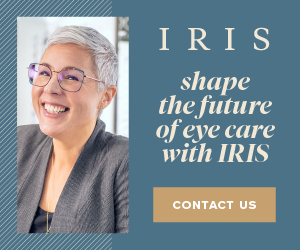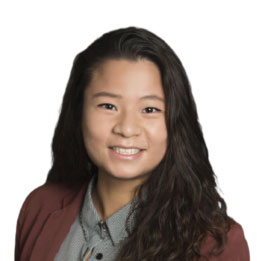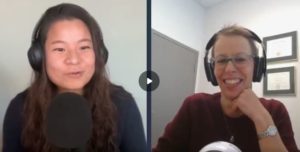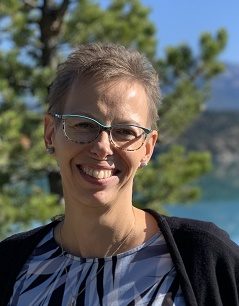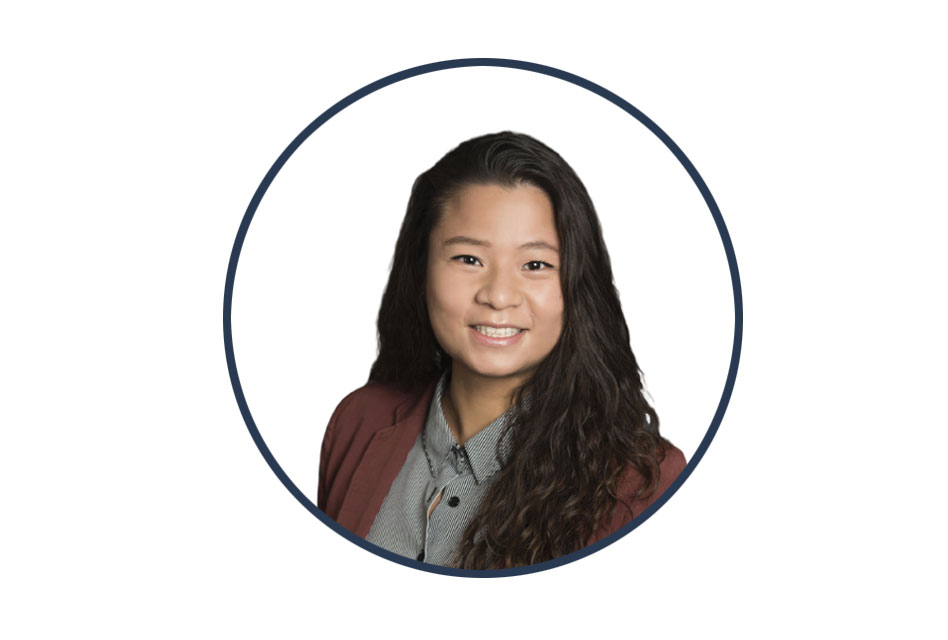
In the bustling environment of an optometry clinic, where precision and empathy intertwine, the relationships among staff members play a pivotal role in shaping the patient experience and clinic efficiency. From receptionists to optometrists, each member contributes to the seamless functioning of the clinic. Therefore, prioritizing and nurturing inter-staff relationships isn’t just an idealistic pursuit; it’s a practical necessity. Here’s why it’s crucial to focus on maintaining these relationships and how it can positively impact the clinic’s dynamics and outcomes.
Ask yourself this question:
When I walk into any healthcare setting, what is the thing I observe the most?
Answer: The staff.
Next question, “What influences my perception of how this appointment is going to go?”
Answer: Interactions between staff members.
We all do it. We are born observers. That’s how we learn, survive, and thrive as human beings. We watch and we make assumptions as to what’s coming next. It makes us feel safe and more at ease to do this.
Now for those of you that are thinking “That’s not a good enough reason to invest in supporting these inter-staff relationships” here are a few others that might peak your interest.

Clinics with Strong Inter-Staff Relationships Experience:
-
Enhanced Communication and Collaboration:
Effective communication lies at the heart of any successful organization, and an optometry clinic is no exception. When staff members maintain healthy relationships, they are more likely to communicate openly and collaborate effectively. Whether it’s discussing patient cases, sharing insights, or coordinating schedules, a cohesive team fosters an environment where information flows seamlessly. This not only reduces the likelihood of errors but also enhances the quality of patient care.
-
Boosted Morale and Productivity:
A positive work environment characterized by camaraderie and mutual respect is conducive to high morale among staff members. When employees feel valued and supported by their colleagues, they are more likely to feel motivated and engaged in their work. This, in turn, translates to increased productivity and efficiency. A team that works well together is better equipped to handle challenges and adapt to changes, leading to smoother clinic operations and ultimately better outcomes for patients.
-
Culture of Trust and Support:
Inter-staff relationships built on trust and support form the foundation of a healthy organizational culture. When employees feel trusted and supported by their peers, they are more likely to take initiative, innovate, and contribute to the overall success of the clinic. Moreover, a culture of trust encourages open dialogue and constructive feedback, allowing staff members to learn from each other and grow both personally and professionally.

-
Reduced Turnover and Enhancing Recruitment:
A clinic that prioritizes inter-staff relationships is more likely to retain its employees and attract top talent. Staff members who feel connected to their colleagues and supported by their workplace are less likely to seek opportunities elsewhere. Additionally, a positive work culture characterized by strong relationships can serve as a powerful recruitment tool, drawing in skilled professionals who are eager to be part of a collaborative and supportive team.
Now are you starting to see why focused effort on creating these strong relationships can benefit your clinic?
I hope so at this point! Because you can clearly see that this is a win, win for all people involved.
Here are a few ideas to get you started on fostering these inter-staff relationships:
- Increase your approachability: Take trainings on self regulation, self-awareness, self-management, and social awareness to increase your team’s comfort around you.
- Recognize and appreciate staff members for their contributions and achievements through verbal praise, written commendations, or employee recognition programs.

- Celebrate milestones, birthdays, and work anniversaries to show appreciation for the dedication and hard work of the staff.
- Acknowledge personal achievements in life. Congratulate team members on personal accomplishments that they share. This will encourage others to share their own and increase connection among the team.
What it comes down to is if your staff have relationships that they value and have been encouraged to value, the clinic performance increases and so does the positive perception of patients.
If you can see the value in fostering inter-staff relationships I invite you to visit https://www.emotionalintelligenceconsultinginc.com to learn more about how you can start implementing this in your own clinic.
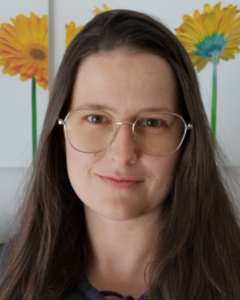
Jade Bodzasy
Jade Bodzasy, Founder of Emotional Intelligence Consulting Inc., is a dedicated Coach and Consultant for Optometric Practices. Her extensive background includes over 20,000 hours of expertise focused on customer relations, work structure refinement, training method development, and fostering improved work culture within Optometric practices.
Certified in Rational Emotive Behavior Techniques (REBT), Jade possesses a unique skillset that empowers individuals to gain profound insights into the origins of their behaviors, as well as those of others. Leveraging her certification, she equips optometry practices with invaluable resources and expert guidance to establish and sustain a positive, healthful, and productive work environment.






